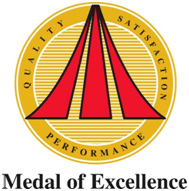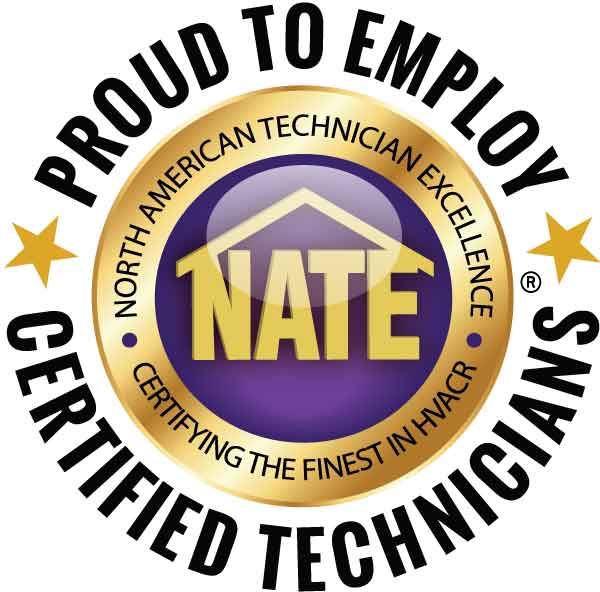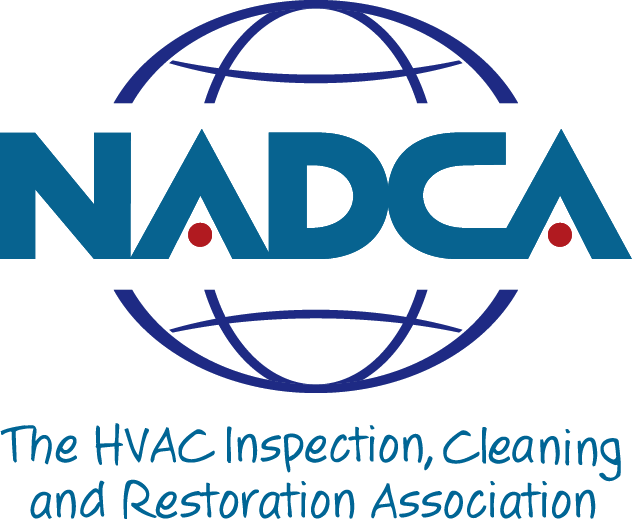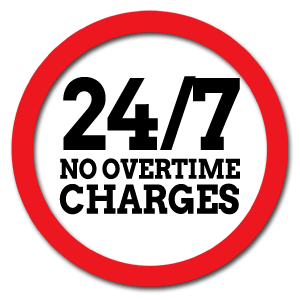As the days grow shorter and the temperatures begin to dip, residents of Pensacola, FL, start to transition from the sweltering summer heat to the cooler winter months. Although winters here are generally mild compared to many other regions, ensuring your HVAC (Heating, Ventilation, and Air Conditioning) system is prepared for the seasonal change is crucial for comfort, energy efficiency, and the longevity of your system. In this blog, we will explore essential maintenance tips to help you get your HVAC system ready for winter, ensuring your home remains a cozy retreat no matter how chilly it gets outside.
Understanding the Importance of HVAC Maintenance
The Role of HVAC Systems
Your HVAC system plays a vital role in maintaining a comfortable indoor environment throughout the year. It regulates temperature, humidity, and air quality, contributing significantly to your family’s health and comfort. With winter on the horizon, understanding the specific challenges your HVAC system may face is essential.
Why Winter Preparation Matters
Even though winter temperatures in Pensacola rarely fall below freezing, neglecting HVAC maintenance can lead to unexpected breakdowns, higher energy bills, and a less efficient system. According to the U.S. Department of Energy, regular maintenance can improve your system’s efficiency by 5 to 15%. With an average home heating cost of around $1,500 annually in the U.S., those savings can add up significantly.
The Benefits of Preparedness
Properly preparing your HVAC system for winter not only ensures that it runs smoothly but also extends its lifespan, ultimately saving you money on repairs and replacements. Furthermore, a well-maintained system reduces the risk of unexpected breakdowns during the cold months, providing peace of mind for homeowners.
Step-by-Step Guide to Winterize Your HVAC System
1. Inspect and Replace Filters
The Importance of Clean Filters
One of the simplest yet most impactful maintenance tasks is regularly checking and replacing your HVAC filters. Clogged filters restrict airflow, making your system work harder and less efficiently. This can lead to increased energy consumption and potentially costly repairs.
How Often to Replace Filters
For optimal performance, check your filters monthly, especially during heavy usage months. If your filters are disposable, replace them at least every three months. If you have reusable filters, clean them according to the manufacturer’s instructions.
2. Clean the Outdoor Unit
Preparing for Cooler Weather
Your HVAC system’s outdoor unit can accumulate dirt, leaves, and debris over the warmer months. This can obstruct airflow and reduce efficiency.
Cleaning Steps
- Turn Off Power: Before starting, ensure the power to the unit is turned off to avoid any accidents.
- Remove Debris: Clear away any leaves, twigs, or dirt from the base and surrounding area of the outdoor unit. A minimum of two feet of clearance around the unit is ideal.
- Gently Clean the Fins: Use a soft brush or vacuum attachment to clean the fins of the unit. Be careful not to bend them, as this can impair the system’s performance.
3. Inspect Ductwork for Leaks
Why Duct Integrity Matters
Leaky ducts can lead to significant energy loss, with the U.S. Department of Energy estimating that duct leaks can account for up to 30% of energy loss in homes. This means your heating system will have to work harder to maintain comfortable temperatures, resulting in higher energy bills.
How to Check for Leaks
- Visual Inspection: Look for visible gaps or holes in the ductwork, especially at joints and connections.
- Use Smoke or Incense: If you’re unsure, you can use smoke or incense near the ducts. If the smoke moves erratically, you likely have a leak.
- Seal Leaks: Use mastic sealant or metal tape (not duct tape) to seal any leaks you find.
4. Schedule a Professional Inspection
The Value of Expert Eyes
While DIY maintenance is essential, scheduling a professional inspection is equally important. Certified HVAC technicians have the expertise and tools to perform a thorough inspection and tune-up, identifying potential issues before they escalate.
What to Expect
During a professional inspection, technicians will typically:
- Check thermostat calibration.
- Inspect and clean the heat exchanger.
- Assess the safety controls and electrical connections.
- Verify refrigerant levels and check for leaks.
The American Society of Heating, Refrigerating and Air-Conditioning Engineers (ASHRAE) recommends annual professional inspections for optimal HVAC performance.
5. Test Your Heating System
Ensuring Everything is Functional
Before the cold weather fully sets in, it’s wise to test your heating system. This allows you to address any problems before they become major issues.
How to Test Your System
- Turn on the Heat: Set your thermostat to a few degrees above the current room temperature.
- Monitor Performance: Listen for unusual sounds, such as banging or rattling, and pay attention to the warmth of the air coming from the vents.
- Check for Odors: If you smell any burning or unusual odors, turn off the system and call a professional for inspection.
6. Insulate Your Home
The Importance of Insulation
Proper insulation is key to maintaining your home’s temperature and improving energy efficiency. Poor insulation can lead to significant heat loss, making your HVAC system work harder.
Insulation Areas to Check
- Attic and Crawl Spaces: Ensure these areas are properly insulated to prevent heat loss.
- Windows and Doors: Use weatherstripping to seal gaps and prevent drafts.
- Pipes and Vents: Insulating pipes and vents can help maintain temperature and reduce energy loss.
7. Consider a Programmable Thermostat
Benefits of Smart Thermostats
If you haven’t yet upgraded, consider investing in a programmable or smart thermostat. These devices allow you to set schedules, optimizing your HVAC system’s operation according to your routine.
Energy Savings
The U.S. Department of Energy estimates that you can save about 10% on heating and cooling costs by adjusting your thermostat by 7-10°F for 8 hours a day. A programmable thermostat can help automate these adjustments.
FAQs About Winter HVAC Maintenance
How often should I have my HVAC system serviced?
It’s recommended to have your HVAC system professionally serviced at least once a year. For optimal performance, consider scheduling maintenance before the heating season and again before summer.
Can I perform HVAC maintenance myself?
While many maintenance tasks can be done by homeowners, certain checks and repairs are best left to professionals. Regular filter changes and cleaning the outdoor unit are great DIY tasks, but for system inspections and repairs, it’s wise to call a technician.
What should I do if my HVAC system is not heating properly?
If your heating system is not working as it should, check the thermostat settings first. Ensure it’s set to “heat” and that the temperature is higher than the current room temperature. If problems persist, it’s time to contact a professional for an inspection.
Are there any energy-saving tips for winter?
Yes! Here are a few tips:
- Keep blinds and curtains open during the day to let in sunlight.
- Close them at night to retain heat.
- Use area rugs on cold floors to help insulate your living space.
- Regularly check and replace air filters.
For HVAC Services in Pensacola, FL, Contact Family Heating & Air Today
Preparing your HVAC system for winter is an essential step in ensuring your home remains a cozy refuge during the cooler months. From replacing filters and cleaning outdoor units to sealing ducts and scheduling professional inspections, taking these steps can significantly enhance your system’s efficiency and lifespan.
If you need assistance with HVAC services in Pensacola, FL, don’t hesitate to reach out. Our experienced team is here to help you with all your HVAC maintenance needs, ensuring your home stays warm and comfortable all winter long. With our expertise and commitment to customer satisfaction, you can trust that your HVAC system is in good hands. Contact us today for a consultation or to schedule your service!








